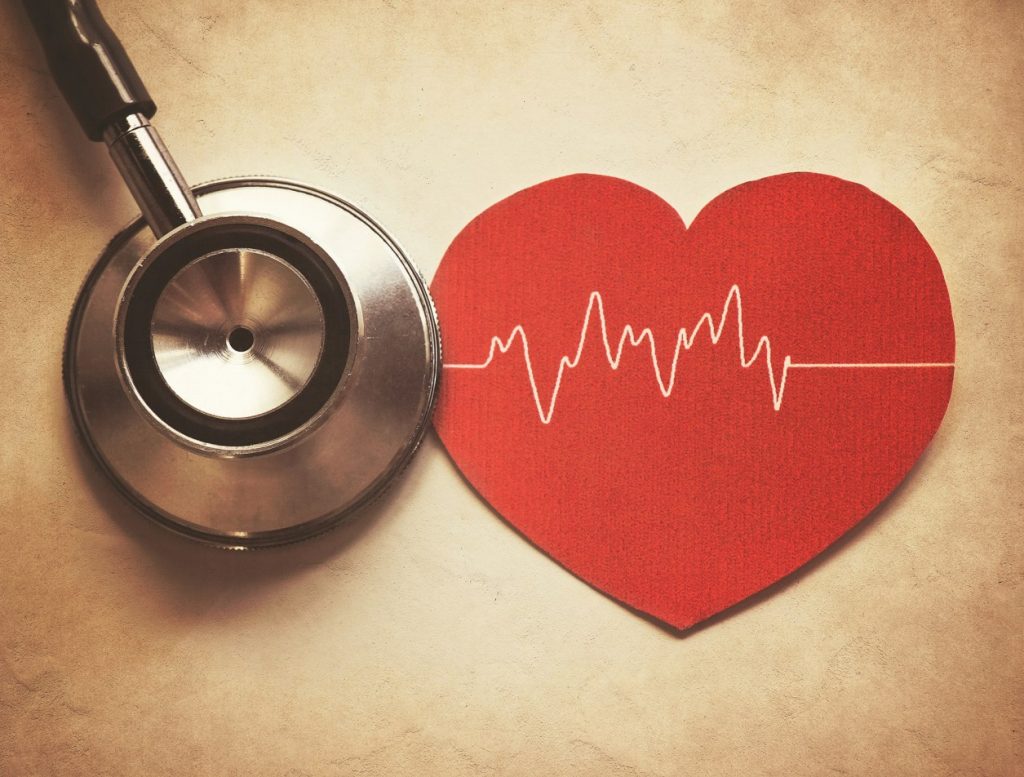

We all know the positive ripple effect of happiness – and this is what Feel Good Feb is all about. Feel Good Feb aims to bring some extra brightness into the world by inspiring people to initiate random acts of kindness and encouraging good deeds in the community.[1] In celebration, we’ve drawn up a list of #self-care suggestions to help inspire you this month. Because what better way to counteract the post-holiday blues than by partaking in Feel Good Feb and keeping your own heart happy and spreading that joy to others around you.


#Self-care. Kindness starts from within and we can’t project kindness into our community unless we take care of ourselves first. Unfortunately, we too often forget to prioritise our own wellbeing and become absorbed in the stresses of day-to-day life.[1] Taking care of our own wellbeing starts with leading a healthy lifestyle – satisfying our nutritional requirements, exercising regularly, spending time with loved ones and supplementing as needed:
Get moving! Your heart is a muscle, and it gets stronger and healthier if you lead an active life. It’s never too late to start exercising, and you don’t have to be an athlete to reap the benefits. Australian guidelines recommend that adults 18-64 years are active on most days of the week. Aim for 2.5-5 hours of moderate intensity physical activity, like walking, or 1.25-2.5 hours of vigorous intensity physical activity, like running or bicycling, (or a combination of both), each week.[2] If you are inactive, start by doing some, and gradually build to the recommended amount.
Eat a heart-healthy Mediterranean diet. Research has found the Mediterranean diet is a potent heart protector compared to a regular low-fat diet.[3] Eating a diet rich in fruits, vegetables, whole grains, fish, nuts and olive oil, and minimising intake of dairy products, red meat, processed meat and sweet foods, can help reduce pressure on your heart and cardiovascular system.
Spend time with friends. Research has shown that people who maintain healthy friendship networks throughout life actually have less risk of heart health issues. In places around the world where life expectancy is significantly higher than other areas, such as Okinawa in Japan, most individuals have strong social circles of family and friends they maintain throughout their life.[4] Researchers think reduced stress and anxiety as a result of these relationships plays a significant role in these findings, not to mention the vital happiness chemicals (serotonin, dopamine and oxytocin) released as a consequence of love and bonding.
Supplement with Ubiquinol. Ubiquinol is the active and readily bioavailable form of CoQ10 (Coenzyme Q10) – a nutrient found naturally in every cell of our bodies. It supports cellular energy throughout our body and helps our organs perform their function. As we age – particularly after the age of 20 – and are exposed to lifestyle stresses, our bodies’ natural levels of Ubiquinol decline, as does our ability to convert CoQ10 to Ubiquinol.[5] This may affect our cardiovascular health, amongst other things. Supplementing with Ubiquinol may support normal, healthy cardiovascular function as well as healthy cholesterol levels in healthy people.
Being kind to yourself is the first step in spreading that kindness to others. Join us this Feel Good Feb and start prioritising your own happiness, so you can act in the service of others.
Always read the label. Use only as directed. If symptoms persist, consult your healthcare practitioner.
[1] https://www.health.harvard.edu/blog/the-heart-and-science-of-kindness-2019041816447
[2] https://www1.health.gov.au/internet/main/publishing.nsf/content/health-pubhlth-strateg-phys-act-guidelines#apaadult
[3] https://www.health.harvard.edu/heart-health/why-the-mediterranean-diet-is-so-good-for-your-heart
[4] https://www.bluezones.com/exploration/okinawa-japan/
[5] Ernster L, Dallner G. Biochemical, physiological and medical aspects of ubiquinone function. Biochim Biophys Acta. 1995;1271(1):195-204.
A Multi-Modality Approach to Alleviating Monthly Symptoms Many women experience a range of challenging symptoms…
The APP 2025 Conference provided an exceptional platform for advancing pharmacy education. A standout session…
APP 2025 (20-22 March) - Gold Coast, Queensland 📅 Date: Friday 21 March 2025 ⏰…
How Kaneka Ubiquinol™ and Mitochondrial Function can Reduce Migraines Migraines affect 15% of the population,[1]…
Reflecting on a Successful FFWS 2025 and Our Award Win in the Healthy Ageing Ingredient Category…
Join us at FFWS 2025 Bangkok with Kaneka Ubiquinol™ to Discuss the Science Behind Healthy…